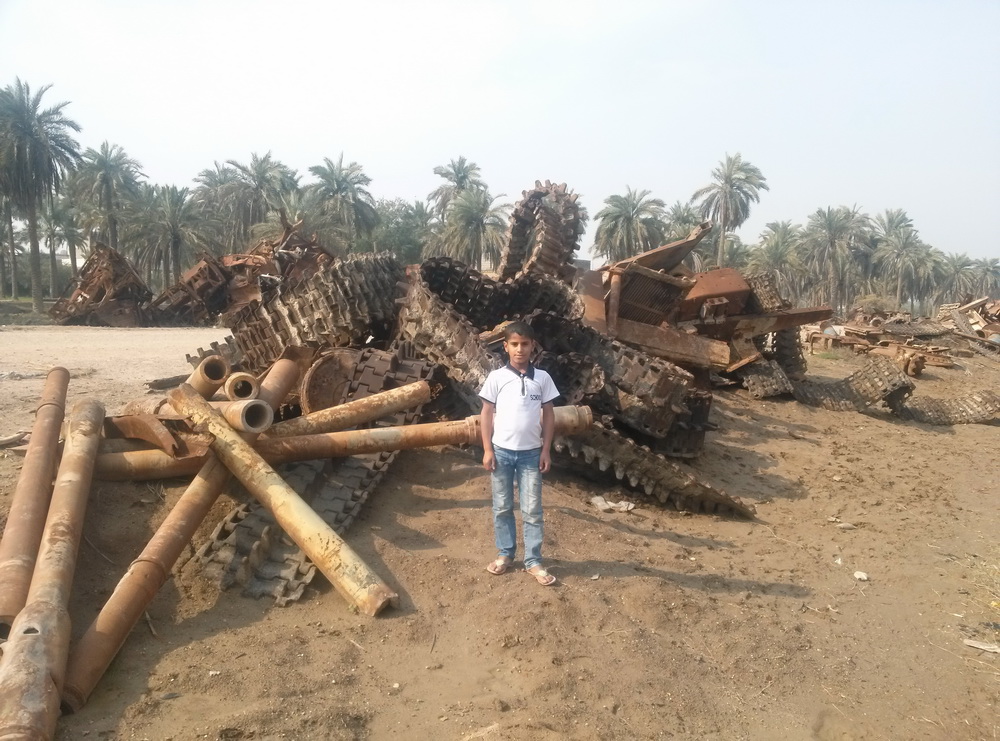151 States in favor, 4 against and 25 abstentions. With that announcement the resolution against depleted uranium (DU) was passed. Although it is a small step, this resolution nevertheless is an important recognition of our work.
Depleted uranium is a toxic heavy metal also labeled as low-level radioactive waste that has been used for decades in conventional munitions, despite major concerns over its potential health and environmental consequences.
International condemnation of DU
The increased number of states backing the resolution signals a slow but growing recognition that DU has no place in conventional munitions. Recent use of DU by the United States in Syria in 2015, despite an earlier statement that it would not do so, highlights the importance of having strong international condemnation of DU, including through UN resolutions. Other calls by UN Special Rapporteurs and affected States such as Iraq underscored the long-term concerns over DU’s toxic legacy and the need for the international community to address the use of these munitions.
DU also used in populated areas
Research by PAX and the International Campaign to Ban Uranium Weapons (ICBUW) found that DU was fired by the A-10 aircraft at over 1100 sites in Iraq in 2003. Moreover, the analysis demonstrated that, despite being promoted as an antiarmor piercing ammunition, the majority of the strikes were against soft targets, many of them in populated areas. PAX presented a policy paper No future for DU, in October to the UN General Assembly. PAX also delivered a statement on depleted uranium to the UN’s First Committee on behalf of ICBUW. This has contributed to awareness raising among diplomats and policy makers, which in support helped getting this many votes in favour of the resolution.
Clean-up necessary
Transparency over the use of DU will facilitate clean-up procedures and limit exposure of civilians during and in the wake of the conflict. For many civilians in Iraq, Syria or Kosovo it is already too late. There, civilians have been expressing concern over the potential health effects of these munitions, fearing they are linked to cancers and congenital birth defects. Substantial research in conflict affected areas on this possible link has never been carried out due to lack of information over DU use. PAX views these concerns as justified, as children have played on military vehicles destroyed with DU, and civilians have been working on contaminated scrap metal sites. Therefore, PAX supports a precautionary approach to DU munitions as there is no safe threshold for exposure, and does not see a place for DU in conventional weapon systems.




